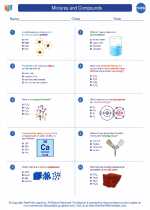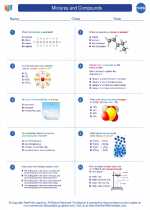Glucose: An Overview
Glucose is a type of sugar that serves as the primary source of energy for living organisms. It is a simple carbohydrate, also known as a monosaccharide, and is essential for the proper functioning of the body's cells. Glucose is a crucial substance in the process of cellular respiration, where it is broken down to release energy in the form of ATP (adenosine triphosphate).
Chemical Structure of Glucose
Glucose has the molecular formula C6H12O6. It exists in a cyclic form, with a six-carbon ring structure. Each carbon atom in the ring is attached to a hydroxyl group (OH) and a hydrogen atom, except for one carbon, which is also attached to a carbonyl group (C=O). This unique arrangement of atoms gives glucose its characteristic properties and reactivity.
Functions of Glucose
Glucose plays a vital role in the body, serving as the primary source of energy for all cellular activities. It is transported through the bloodstream to various tissues and organs, where it is either utilized immediately for energy or stored for later use in the form of glycogen (in the liver and muscles) or converted to fat for long-term energy storage. Additionally, glucose is essential for the synthesis of other important molecules, such as amino acids, lipids, and nucleotides.
Study Guide
- What is the molecular formula of glucose?
- Describe the structure of glucose at the molecular level.
- Explain the role of glucose in cellular respiration.
- How is glucose stored in the body?
- Discuss the significance of glucose in the synthesis of biological molecules.
- What are the main sources of glucose in the diet?
Understanding the properties and functions of glucose is essential for grasping various biological processes, including metabolism, energy production, and nutrient utilization.
[Glucose] Related Worksheets and Study Guides:
.◂Chemistry Worksheets and Study Guides High School. Mixtures and Compounds

 Worksheet/Answer key
Worksheet/Answer key
 Worksheet/Answer key
Worksheet/Answer key
